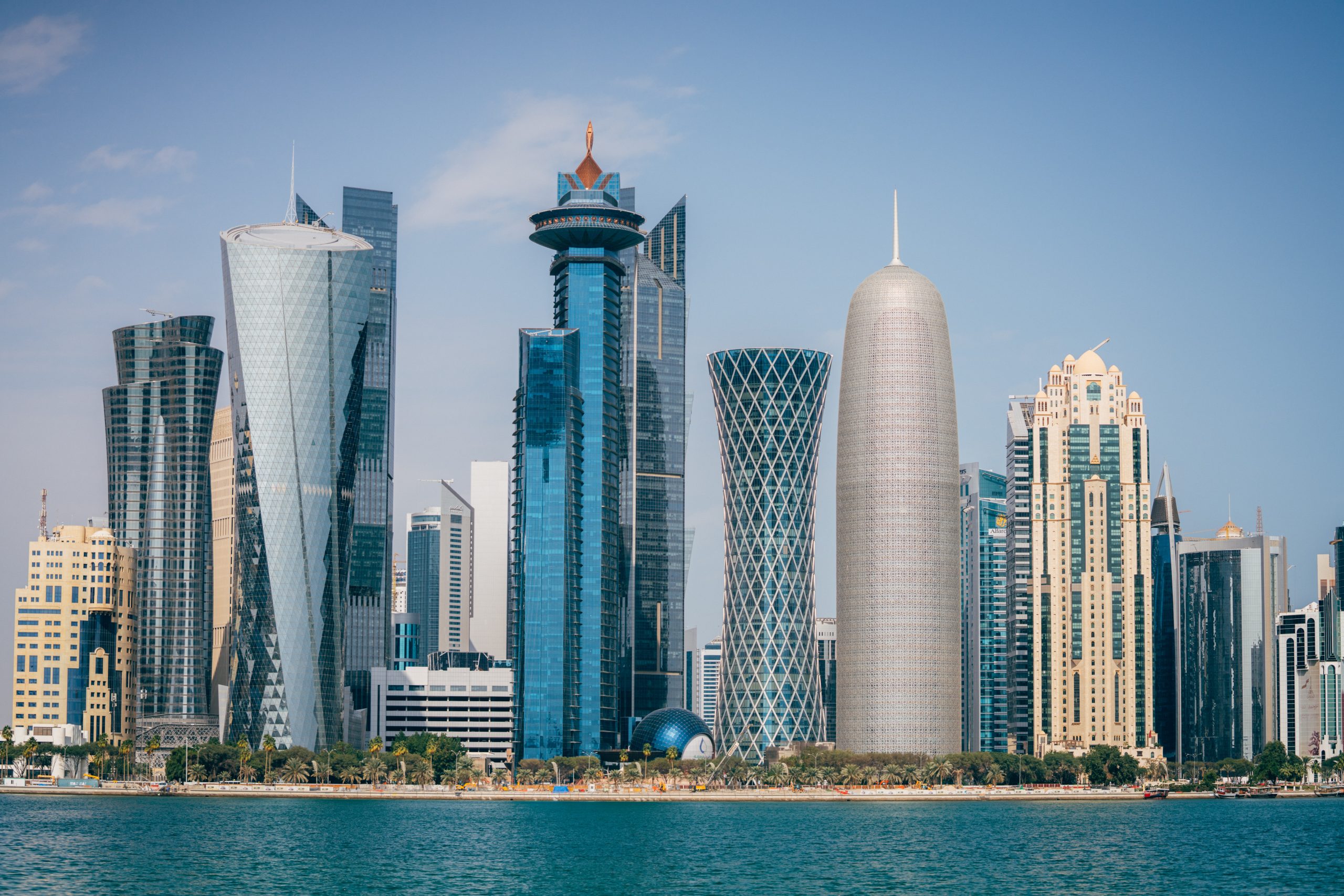As Qatar gears up to host more than one million fans by the end of this year, its population has appeared to rise.
Qatar’s population has increased by 13.2% in the past year as the Gulf nation hires thousands of foreign workers in preparation for hosting the World Cup 2022 in November and prepares for an unprecedented inflow of spectators, statistics showed.
Approximately 370,000 more people migrated to Qatar in the past year, bringing the population of the wealthy gas producer to 2.94 million, according to figures gathered in September and released last week by Qatar’s statistics authority.
The majority of the population is made up of low-income foreigners and migrant labourers, with only about 380,000 Qatari nationals.
As the Gulf country seals its final touch ribbon on the Middle East’s first ever World Cup, which is expected to put strain on its infrastructure, hospitality industry, and security sector, the tournament’s organisers are facing a staffing shortfall, reports said.
To manage the 65,000 rooms in flats and residences used as temporary fan housing, hotel operator Accor is hiring 12,000 temporary foreign workers.
Doha has also partnered with various countries and entities to help maintain the security of the event, among which are Italy, Pakistan, South Korea, the United States, NATO, Romania, Morocco, the United Kingdom, France, and Turkey.
This year’s World Cup will be the most expensive FIFA tournament in history, costing $220 billion, almost 20 times what Russia spent in 2018.
The building of stadiums cost around $6.5 billion to $10 billion, and the remaining bulk of $220 billion was used as part of the broader Qatar 2030 National plan, which centres around developing infrastructure, including construction of an innovation centre with hotels, a sophisticated metro network, and airports.
The development of the country’s infrastructure and transportation systems, the largest of which is the Doha Metro, required a significant amount of investment.
The massive underground transportation network, which opened in 2019, cost about $36 billion to build and is anticipated to be essential for supporters who want to travel quickly throughout the city during the tournament.
The International Monetary Fund predicts that Qatar’s population will fall by 1.2% annually following the major sporting event, reaching 2.5 million by the year 2027.
As the number of accommodation increase in the country, foreign fans and Qatar residents have complained about the lack of affordable housing during the World Cup this year, with some considering leaving the country or staying in neighbouring countries like Saudi Arabia, the United Arab Emirates, Oman and Kuwait.
As the World Cup approaches in less than two months, residents in the Gulf state have reportedly been served with eviction notices, asked to sign either short-term lease agreements or 24-month lease agreements or even had their rent significantly increased.
The average monthly price of offered Airbnb rentals in Qatar for a stay during the World Cup has reached $72,396.







